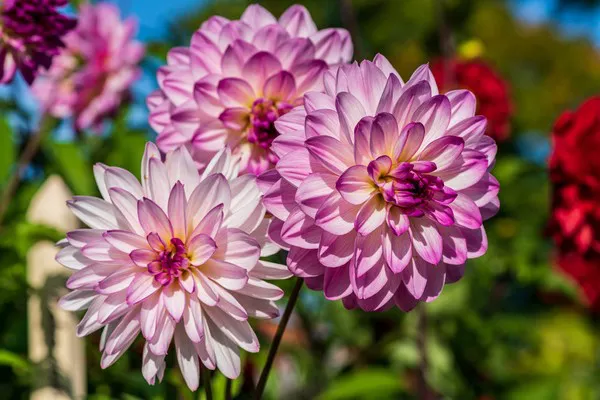In Naogaon’s Lakhaijani village, Sohel Rana cultivates roses, jasmine, and tuberose across 11 bighas of land. Typically, he sees daily sales ranging from Tk10,000 to Tk15,000. However, amid a week-long curfew and unrest linked to the quota reform protests, his earnings plummeted to zero.
This sudden halt has resulted in losses amounting to Tk50,000 from unsold jasmine and roses, coupled with additional expenses for labor and upkeep totaling Tk5,000-7,000.
Across Bangladesh, florists and marketers are grappling with significant financial setbacks. They emphasize that delayed harvesting risks rendering their lands unproductive.
Transportation costs have surged by 25-30%, compounding the issue as flowers dispatched from various districts languish in Dhaka due to dwindling buyers. Concerns loom large over when normalcy will be restored.
“In normal circumstances, we refrigerate surplus flowers for a day or two, but now, a week has passed without sales. Even those stored have spoiled. Recovering from this loss will be challenging,” lamented Sohel Rana in an interview with TBS.
Jashore, a key hub for flower production in Bangladesh, has not been spared. Azizur Rahman from Jhikargacha upazila recounted losses exceeding Tk50,000 over the past five days. He cited adverse weather conditions compounded by the curfew as reasons for the deterioration of his flower stock.
Nazmul Hossain, a flower vendor from Gadkhali union, Jhikargacha, added, “Normally, I trade flowers worth Tk10,000-15,000 daily. Now, sales are completely halted, leaving me without income.”
Shahbagh, a major flower market in Dhaka boasting around 100 shops, paints a similarly grim picture. Md Lokman Hossain, former president of the Shahbagh Bottala Small Flower Traders Cooperative Society, disclosed, “Since last Friday, sales have come to a standstill. Previously, I would sell flowers amounting to Tk20,000-Tk25,000 daily. Now, due to a lack of buyers, flowers worth Tk10,000-15,000 have perished.”
He continued, “The plight extends to all 100 shops here. Flower growers face colossal losses. Gardens risk ruin if flowers are not harvested, yet even when they are, there’s no market. Social events have ground to a halt.”
Zahir Uddin Babor, organizing secretary of the Bangladesh Flower Society and President of its Dhaka Division, emphasized the dire situation: “Some traders bought flowers at inflated prices, only to find no buyers. Consequently, no fresh flowers have arrived in Dhaka since Monday.”
He concluded grimly, “The business environment is dire, and traders struggle to support their families. Each day, flowers worth millions are wasted in gardens.”
The flower industry in Bangladesh faces an uncertain future as growers and sellers confront the dual challenges of unrest and curfew, compounding existing woes exacerbated by adverse weather conditions.


